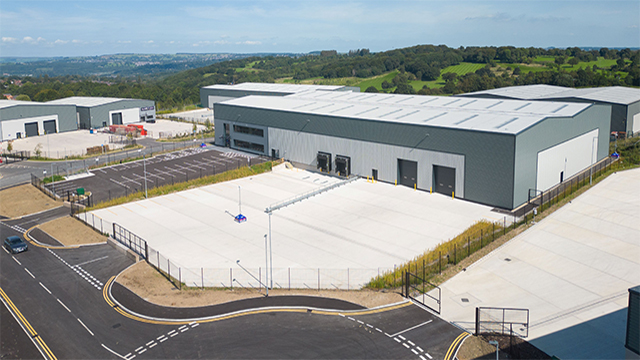British Land and Landsec have teamed up to issue a series of recommendations aimed at regenerating the UK’s towns and cities.
The two REITS have called on the government to stop focusing on how to make greenfield development more palatable to neighbours, and instead improve how the planning system supports brownfield regeneration.
The duo say the changes will not need primary legislation or significant public funding, but would help drive growth in towns and cities across the UK.
The paper, titled More growth, more homes, more jobs – how to reform the planning system to unlock urban regeneration, is based on the experience gained by the REITS through developments including Landsec’s 24-acre Mayfield neighbourhood in central Manchester and British Land and AustralianSuper’s 53-acre Canada Water in London.
In the paper, British Land and Landsec highlight some principal reasons why brownfield has been held back by the planning system, despite almost universal support. It states that successive changes to the planning system have resulted in layers of complexity, meaning the system’s default mode is to prevent or delay economic activity.
This, in turn, has added to the burden on planning authorities, resulting in them becoming increasingly stretched. And finally, a focus on housebuilding on greenfield sites and a rigid planning framework has detracted from mixed-use urban development.
The roadmap laid out by the pair seeks to balance the interests of both the private and public sectors and the communities.
It states that brownfield urban regeneration sites should be defined as a separate planning category, with these opportunities made the focus to drive economic growth. This would “recognise the bespoke nature and viability challenges of urban regeneration”.
The planning system must also be more effectively resourced, while complexity and duplication should be weeded out to improve performance. A centralised specialist planning resource should support the delivery of large, complex sites.
Proportionate decision-making should be encouraged, to ensure planning decisions are taken at the level their impacts are felt, while “quick wins” should be secured to boost confidence, and new ways of working with progressive authorities should be piloted. Communities must also be placed at the heart of reshaping urban spaces.
The report also says new tax incentives must be created to unlock investment in infrastructure and the remediation of brownfield land.
British Land chief executive Simon Carter said: “There is political consensus in the need to prioritise urban regeneration over greenfield development. The ideas we are recommending today would help to drive our country’s growth by rejuvenating our great cities and towns and can be put into place quickly and easily.”
His Landsec counterpart, Mark Allan, said “Urban brownfield regeneration has the potential to unlock growth and prosperity for cities across the UK.
“However, the current planning system acts as a significant brake to this growth. We believe that by making some necessary but simple changes to the existing planning regime, we can unlock this opportunity – for the benefit of the UK, for the economy and importantly for the communities we build for.”
To send feedback, e-mail piers.wehner@eg.co.uk or tweet @PiersWehner or @EGPropertyNews











